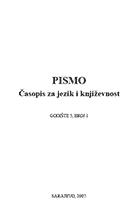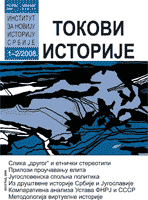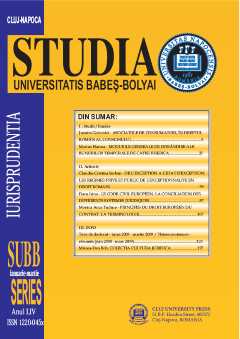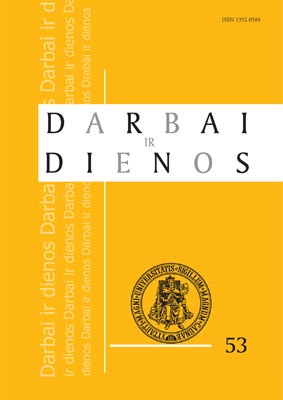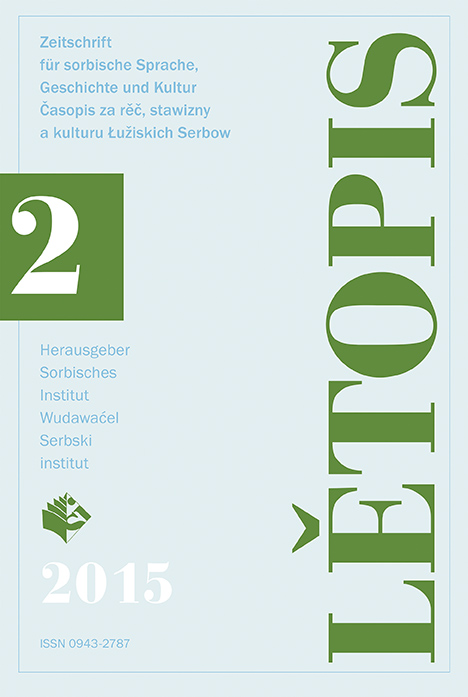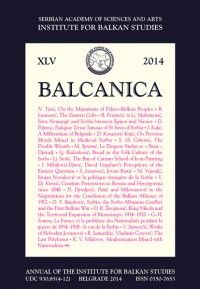
Sava Nemanjić and Serbia between Epiros and Nicaea
Sava Nemanjić and Serbia between Epiros and Nicaea
Keywords: Sava Nemanjić; Stefan the First-Crowned; Serbia; Nicaea; Epiros; Byzantine succession
The authors analyze Serbia’s position and politics in relation to the Greek states of Epiros and Nicaea which emerged after the fall of the Byzantine Empire in 1204. The available sources show that Serbia under Stefan the First-Crowned and his successors wisely used the rivalry between the two Greek states, which both sought to present themselves as the lawful successor of the fallen Empire of the Romans, and thus safeguarded her independence. Acting as an adviser to Stefan the First-Crowned and his successors, his brother Sava played a prominent role in conducting this realistic policy.
More...
